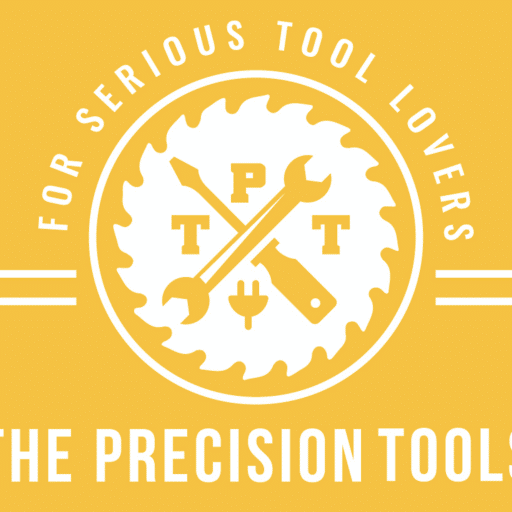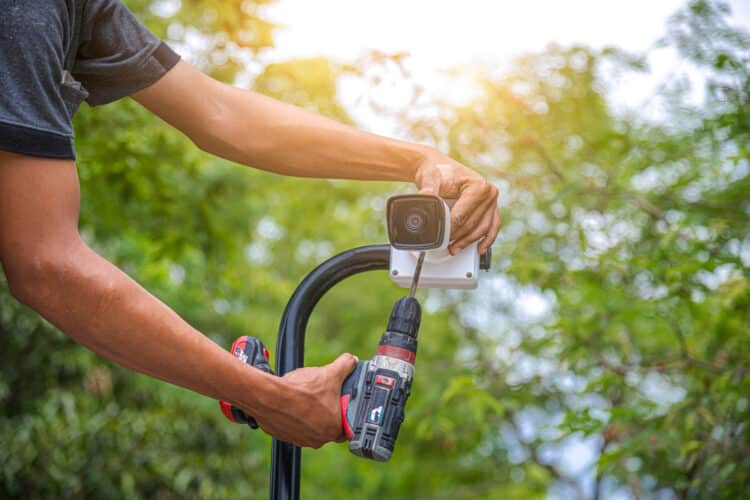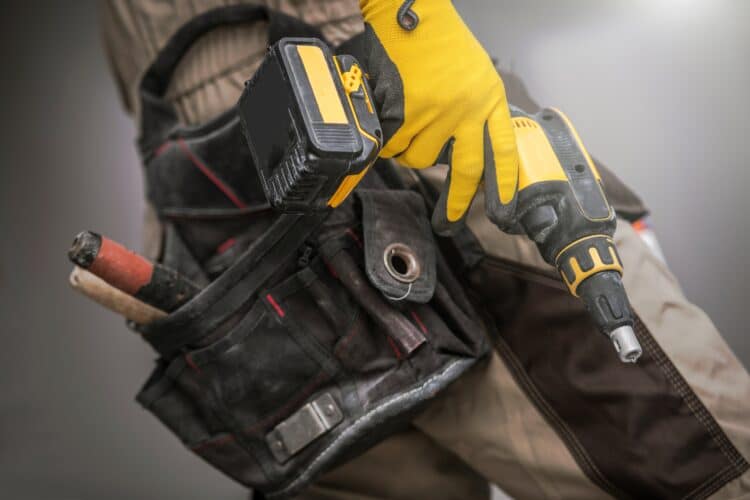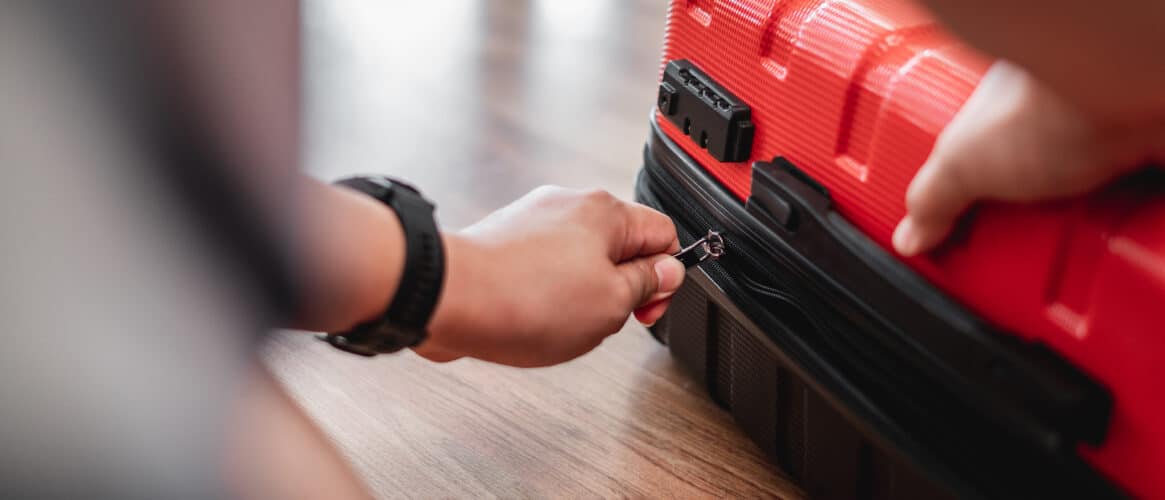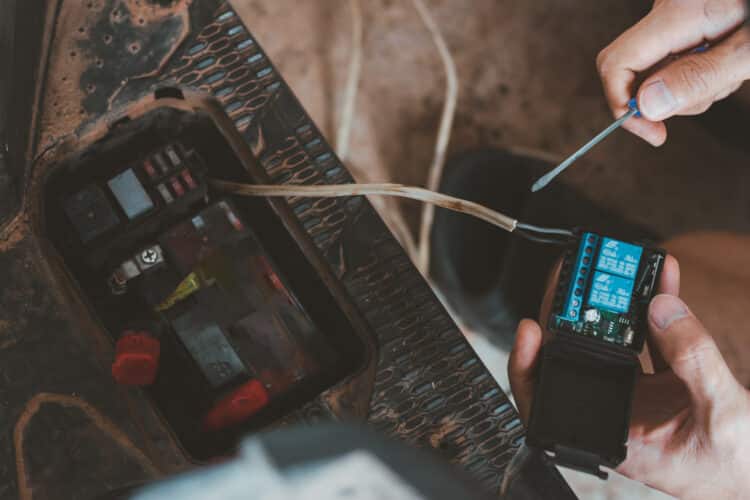What Speed Should You Drill at?
Key Takeaways
- The recommended drilling speed for metal is between 500 and 3000 RPM, depending on the type and thickness of the metal.
- When drilling into wood, the recommended speed varies based on the type of wood and the size of the drill bit.
- For drilling into concrete, it is generally recommended to drill at a speed between 500 and 1500 RPM, using the slower speed setting on a hammer drill.
When it comes to drilling, one important factor that often gets overlooked is the drilling speed. The speed at which you drill can greatly affect the quality of your drilling results, as well as the longevity of your drill bits. In this article, we will explore the recommended drilling speeds for different materials such as metal, wood, and concrete, based on the information provided.
Drilling Speed for Metal
When drilling into metal, the recommended drilling speed depends on the type and thickness of the metal. Generally, the optimal drilling speed for metal is between 500 and 3000 revolutions per minute (RPM). This range allows for efficient drilling without causing excessive heat buildup or damaging the drill bit.
It is important to note that different metals may require different drilling speeds. For example, drilling into thin sheet metal may require a higher drilling speed, while drilling into thicker metals may require a slower speed to prevent overheating.
Source: housetoolkit.com – What Speed Do You Drill into Metal?
Drilling Speed for Wood
When drilling into wood, the recommended drilling speed depends on the type of wood and the size of the drill bit. For twist drill bits sizes of 1/4″ to 3/8″, the recommended speed is 3000 RPM for softwood and 1500 RPM for hardwood. For drill sizes of 7/16″ to 5/8″, the recommended speed is 1500 RPM for softwood and 750 RPM for hardwood.
It is worth mentioning that different types of drill bits, such as brad-point bits, Forstner bits, and hole saws, may also have different recommended drilling speeds for wood. It is always best to refer to the manufacturer’s guidelines for the specific drill bit you are using.
Source: woodiswood.com – Correct Drilling Speed for Different Kinds of Wood
Drilling Speed for Concrete
When it comes to drilling into concrete, the ideal drilling speed is not explicitly mentioned in the information provided. However, based on the available sources, it is generally recommended to drill at a speed between 500 and 1500 RPM (rotations per minute).
According to another source, drilling into concrete typically requires using the slower speed setting on a hammer drill. This helps maintain control and prevent excessive heat buildup, which can damage the drill bit and reduce drilling efficiency.
Source: shuntool.com – What Speed to Hammer Drill for Concrete
Conclusion
While the information provided offers some general guidelines for drilling speeds in different materials, it is important to note that individual drilling projects may have unique requirements. Factors such as the specific type of material, drill bit quality, and the drilling technique employed can all affect the optimal drilling speed.
It is always recommended to refer to the manufacturer’s guidelines and instructions for the specific materials and drill bits being used. Additionally, experimenting with different drilling speeds and monitoring the results can help determine the best speed for your specific project.
Related Websites:
- What Speed Do You Drill into Metal? – HouseToolkit.com
- Drill Press Speed Chart – WOOD Magazine
- Correct Drilling Speed for Different Kinds of Wood – WoodIsWood.com
- What Drill Is Best for Concrete? – HouseToolkit.com
- What Speed to Hammer Drill for Concrete – ShunTool.com
- How to Drill into Concrete – BobVila.com
FAQs:
Q: What are drill speeds and how are they measured?
Drill speeds refer to the rotational speed of the drill bit and are measured in RPM (revolutions per minute).
Q: What are the different speed settings on cordless drills?
Cordless drills commonly have speed settings such as low, medium, and high. Each setting has a specific purpose, with low speeds suitable for driving screws, medium speeds for general drilling, and high speeds for fast drilling or drilling in harder materials.
Q: How do I choose the right drill speed for different materials?
The appropriate drill speed depends on several factors, including the material being drilled, drill bit size and type, desired hole size or depth, and personal skill and experience. It is recommended to consult the manufacturer’s guidelines, experiment, and practice to find the optimal speed for each material.
Q: What are the recommended drill speeds for different materials?
For wood, the suitable drill speeds vary based on the type of wood. When drilling into metal, optimal speeds depend on the specific metal type. Concrete or masonry requires specific speeds due to their hardness. It is advisable to refer to guidelines or consult experts for accurate recommendations.
Q: How do drill bit characteristics affect the recommended drill speed?
The size and type of drill bit play a significant role in determining the recommended drill speed. Larger bits generally require slower speeds, while smaller bits can handle higher speeds. Additionally, the material the drill bit is designed for should be considered when selecting the appropriate speed.
